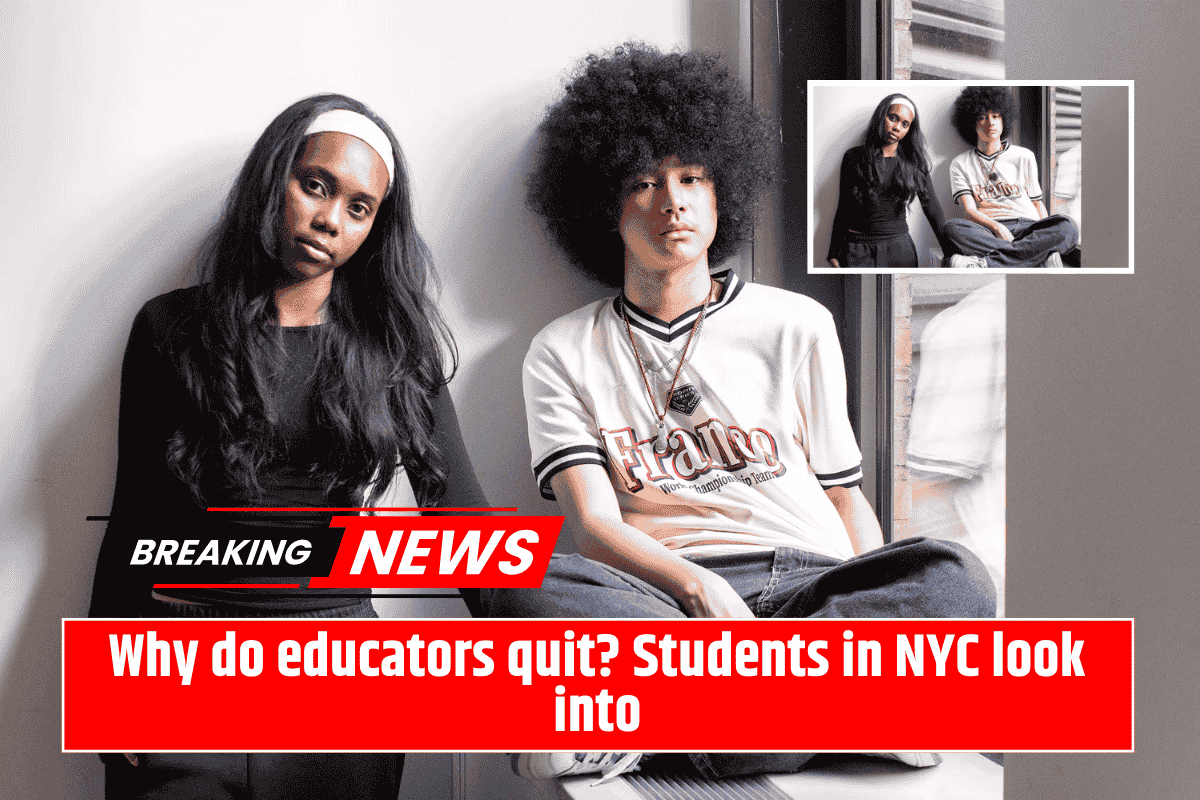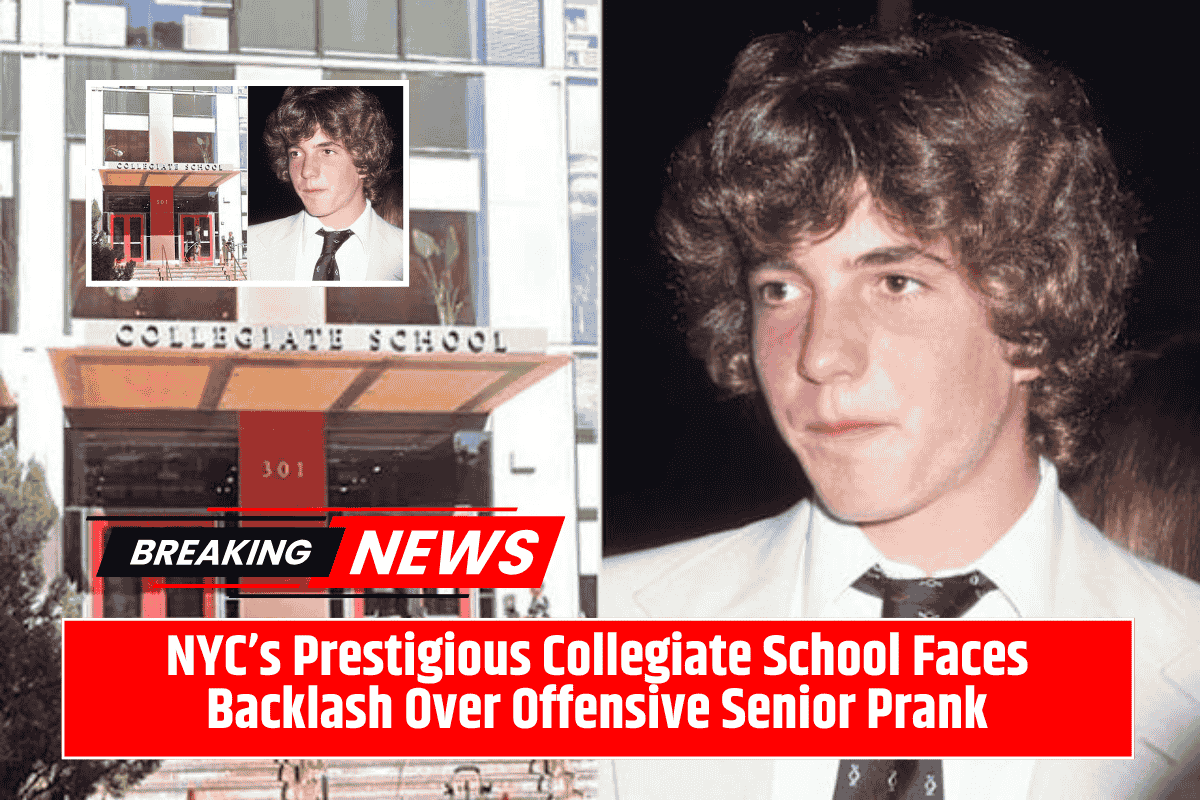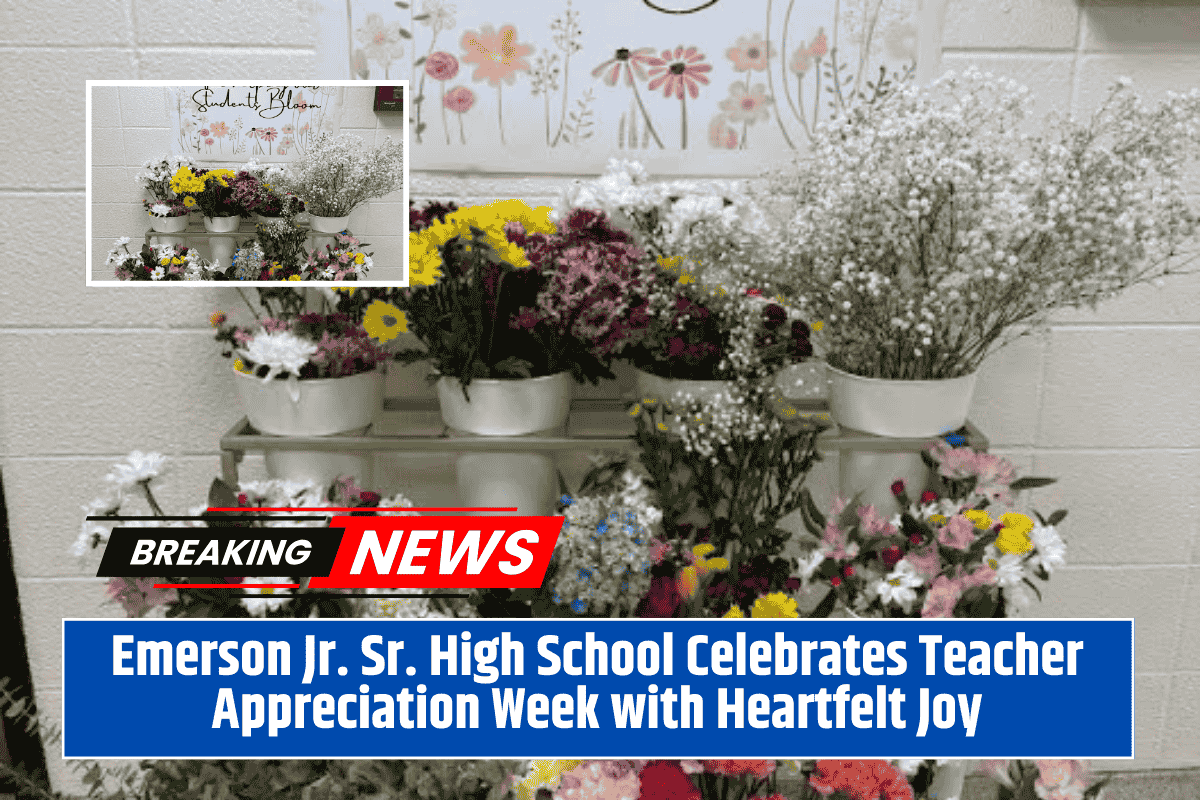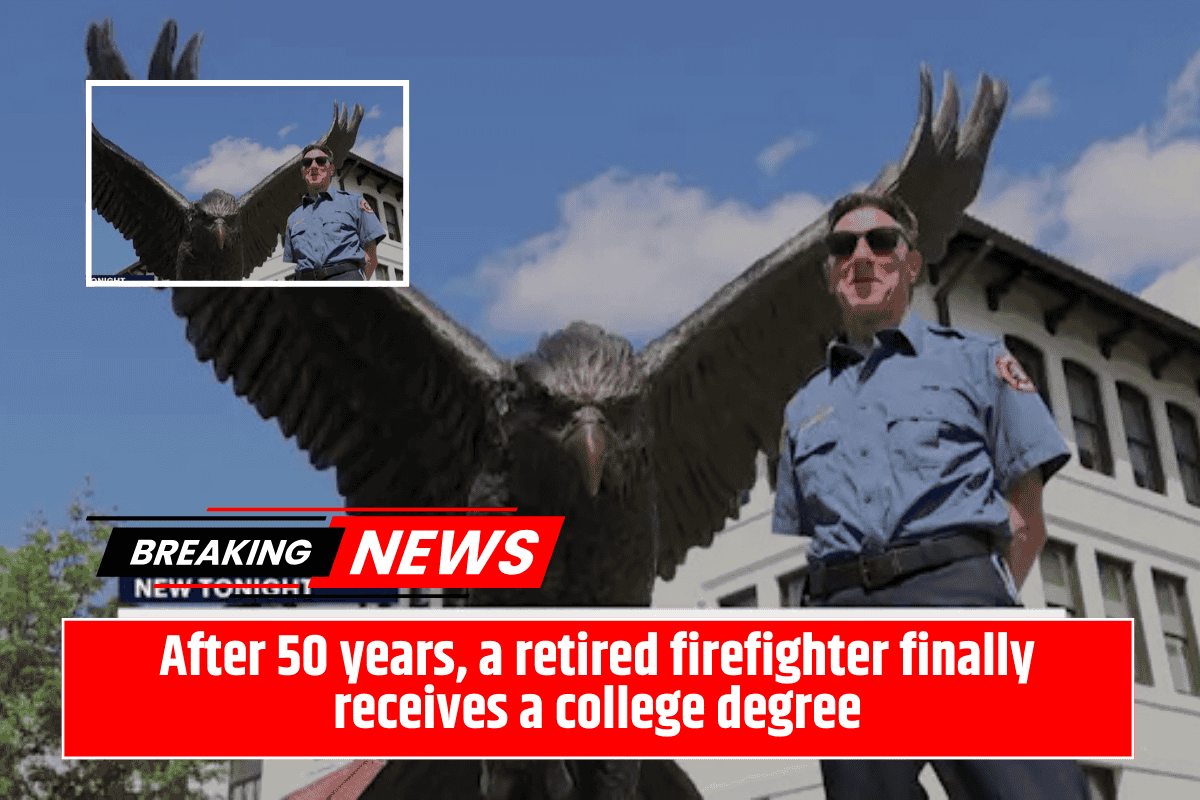In New York City schools, students are noticing a problem that goes beyond test scores and homework — teachers keep leaving. For some students, this loss feels deeply personal. A new episode of P.S. Weekly, a podcast by students and for students, explores the impact of teacher turnover and how school leadership plays a key role in whether teachers stay or go.
When Teachers Leave, Students Lose More Than Lessons
Katelyn Melville, a senior at the Brooklyn Institute for Liberal Arts (BILA), and Mateo Tang O’Reilly, a sophomore at Central Park East High School (CPEHS), teamed up to understand why BILA experiences high teacher turnover while CPEHS does not.
Students from BILA shared emotional stories about teachers they trusted and loved suddenly leaving. One student remembered crying when Ms. Frank Levine, her advisor, left. Another spoke about Ms. Dutta, a kind and funny teacher who helped her learn algebra and always made the class feel safe.
What’s Behind the Turnover?
At BILA, 59% of teachers have less than three years of experience — nearly three times the city average of 20%. In contrast, CPEHS has only 14% of teachers with less experience.
One big reason could be trust between teachers and school administrators. Based on DOE surveys, CPEHS has a perfect 100% trust rating between teachers and principals, while BILA scored only 63%.
A Former Teacher Speaks Out
To understand more, Katelyn spoke with David Wertz, a former music teacher at BILA. He described his experience at the school as emotionally exhausting and frustrating. While he joined with high hopes, he soon faced strict rules, a lack of support, and even public shaming by administrators.
Wertz said teachers were yelled at for simple things like leaning on desks or missing a clock-in punch. In one case, he planned a special concert with a guest composer, but the administration canceled it just a week before, saying students needed to “study more.” That moment, he said, was the final straw.
Even though he stayed for a second year because of the bond he built with his students, the toxic work environment eventually drove him away.
A Different Story at CPEHS
Mateo shared a very different experience from his school, CPEHS, where teacher morale is high and turnover is low. He interviewed Candice Ligator, an assistant principal and AP Seminar teacher, who has been with the school for 18 years.
Ligator explained that teachers at CPEHS are given freedom, support, and respect. They are trusted to design their own curriculum and are encouraged to try new things. Teachers are treated like people, not just employees.
She said leadership at CPEHS steps in to help when problems arise, not punish. “If emergencies come up, we don’t attack people. We support them,” she said.
What the Experts Say
Michael Elsen-Rooney, an education reporter with Chalkbeat and former teacher, also spoke with Katelyn and Mateo. He explained that although NYC’s overall teacher retention rate is slightly better than the national average, toxic school environments can still push teachers away quickly.
“A good administrator can protect teachers from outside pressure,” he said. “But a bad one will just add more pressure — and that’s when teachers leave.”
A Student’s Honest Reflection
For Katelyn, this project was more than a story. As a senior, she’s seen many of her favourite teachers leave. She shared a touching moment when her dad told a teacher, “You see Katelyn more than I do. You are her family.” That’s how important teachers are to students, she said.
And while it hurts when they leave, she understands why. “If a teacher doesn’t feel valued, they should go somewhere they do,” she said. “I’ll never be mad — just sad.”
This episode of P.S. Weekly reveals what students already know — strong relationships between teachers and administrators matter. Schools with supportive leadership keep teachers longer, which means students get the stable, caring environment they deserve. If NYC schools want to keep great teachers, they must start by listening — to teachers and to students.







